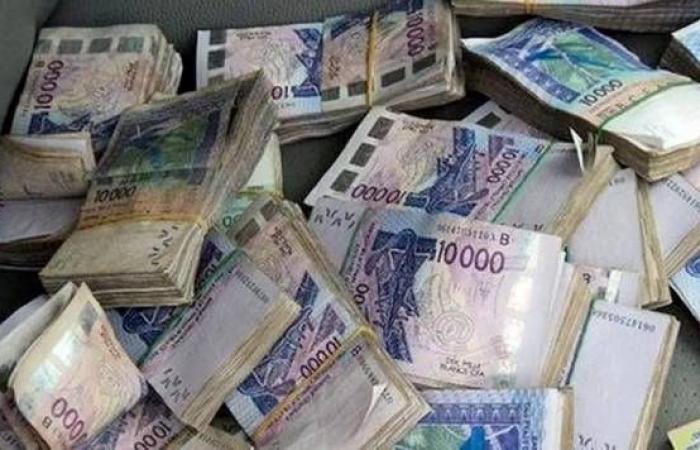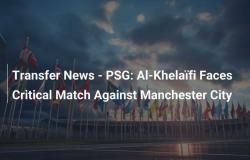Benin intensifies its fight against money laundering with strict measures targeting the real estate sector. In a press release published recently, the National Agency for Land and Land (ANDF) announced a new directive aimed at putting an end to money laundering practices through the acquisition of rural property.
Benin strengthens its system against money laundering in the real estate sector
From now on, any person wishing to acquire rural property with an area greater than 20 hectares, or having already made such an acquisition, must provide proof of the source of their financing. This requirement applies to “request files for approval of development projects provided for by article 361 of the Land and State Code”under penalty of rejection of the file.
According to the ANDF, this provision is part of a global framework to combat money laundering, the financing of terrorism and the proliferation of weapons of mass destruction. It is a national effort to clean up the real estate sector, often used as a refuge by criminal networks to hide funds of questionable origin.
A device praised by experts
A real estate expert interviewed by AFRIQUE SUR 7 welcomed this initiative. For him, it is a notable step forward “to clean up the sector”. According to him, “the real estate market is one of the sectors favored by criminal organizations for laundering money” . The new regulations will not only make it possible to effectively combat these practices, but also to better identify players in the sector. “It is important to know who is buying, what and why, to ensure full transparency“, he added.
-The practical implementation of this measure remains a challenge. The authorities must ensure that control mechanisms are rigorous and that the necessary resources are allocated to verify the origin of funds. This will also involve close collaboration with financial institutions, notaries and other stakeholders involved in real estate transactions.
An example to follow for Ivory Coast
This approach by Benin could serve as an example for other countries in the sub-region, notably Côte d’Ivoire which is announcing strong measures against the scourge of money laundering. The country is on the gray list of the Financial Action Task Force (FATF) and is seeking by all legal means to remove itself from this list in order to improve its image.
Belgium






